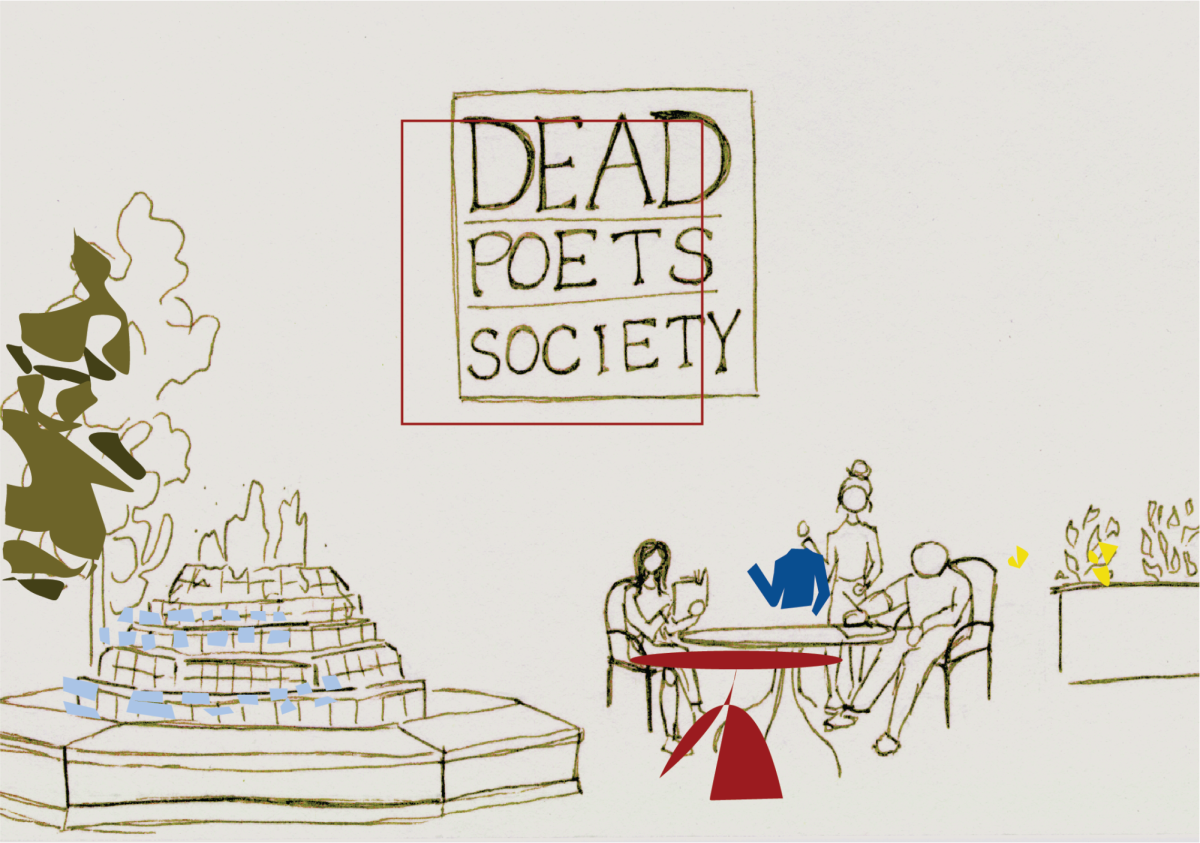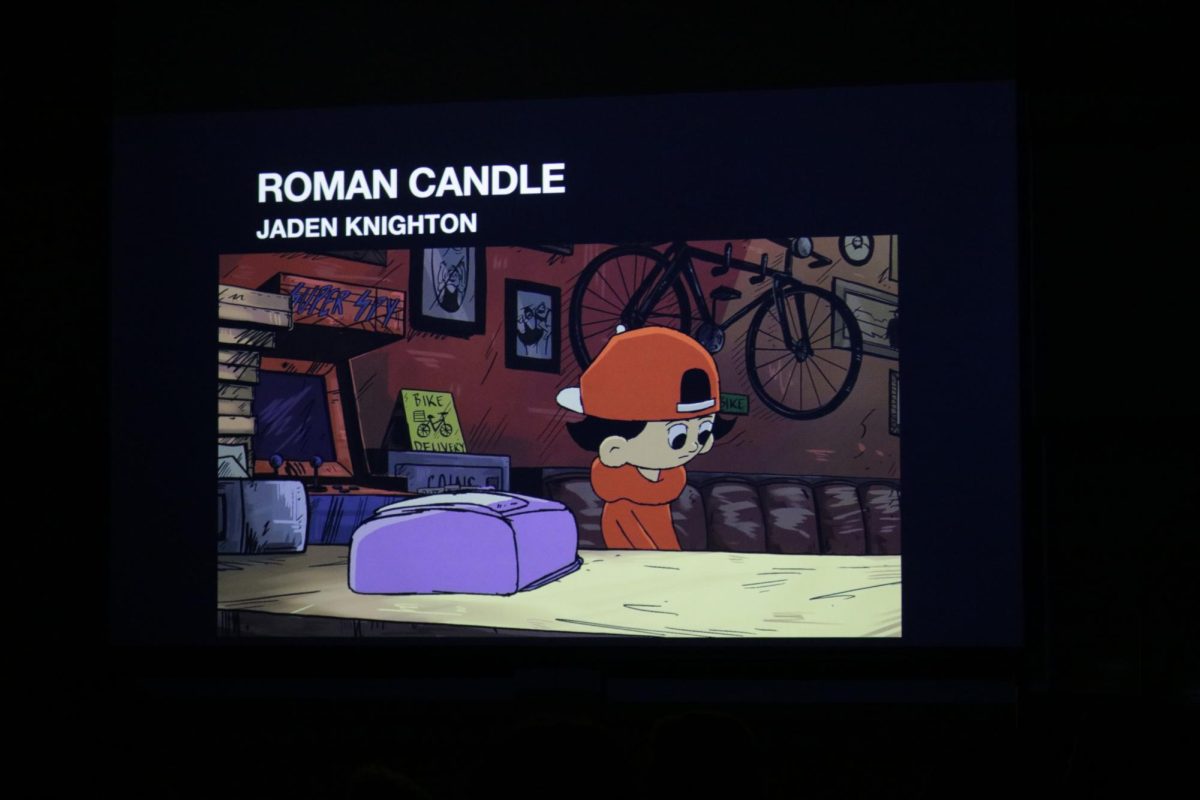Many believe Weezer’s prime ended soon after the release of 1996’s “Pinkerton,” yet regardless of age they continue to press on. “Weezer (White Album)” generated buzz in spite of previous albums falling flat. This may be partly due to the release of half the album’s content as singles. Each came with increasingly absurd music videos, which drew the public eye back to the ragtag 40 and 50-somethings who comprise Weezer.
MUSICAL SLUMP
With “Weezer (White Album),” the band wrestles with the musical slump that was 1996-2016. Most fans would agree that guitar tone and tongue-in-cheek lyrics highlight two of their most defining elements. As evidenced in the lyrics of “Thank God for Girls” and the guitar in “California Kids” and “Do You Wanna Get High?,” they play to these strengths.
Thick and fuzzy rhythm guitar dominates most of the album. Intentionally disjointed riffs fall on top of the verses in “California Kids,” though they disappointingly fail to resurface for the remainder of the album. If anyone created a music video about a man having cannolis shoved in his mouth, it would be Weezer.
“Summer Elaine and Drunk Dori” shamelessly references the guitar intro of “Lithium” by Nirvana in a jarring and startling manner. Soon enough the song settles back into the strange blend of surf and arena rock that saturates the album.
STRIKING A BALANCE
Weezer attempts to strike a balance of discomforting the listener with new and unexpected musical departures while giving them enough comfortable listening material to hold on to. The album is undoubtedly quite a ride as a whole. A brief one at that, clocking in at a little over 35 minutes. While “Pinkerton” is almost exactly the same length, it is a much more cohesive and musically strong composition as a whole.
Seemingly simple and lighthearted at first glance, the lyrics of the album are darker and introspective. “Weezer (White Album)” proves Rivers incapable or unwilling to write straightforward and substantial lyrics as done in “Pinkerton,” exemplified by the hollow content of songs such as “Pork and Beans” from “The Red Album.” The result is cryptic commentary digging at the personal life of Rivers Cuomo masked by cliches of surf rock and Californian pop culture. He does broaden his scope to Charles Darwin, constipation and taking a Greyhound to the Galapagos. While these tracks are probably somewhat cohesive to Rivers, meaning and relatability for the listener is thrown out the window.
REVAMPED SOUND
“Weezer (White Album)” is an attempt at a revamped sound for Weezer. The album as a whole is repetitive and directionless. It is a decent collection of singles, but fails to say anything more as a whole. This is disappointing, as Weezer has proven their ability to create meaningful and cohesive albums. They seem to remain haunted by their poppy, radio friendly sound that has unfortunately become “textbook Weezer.”







